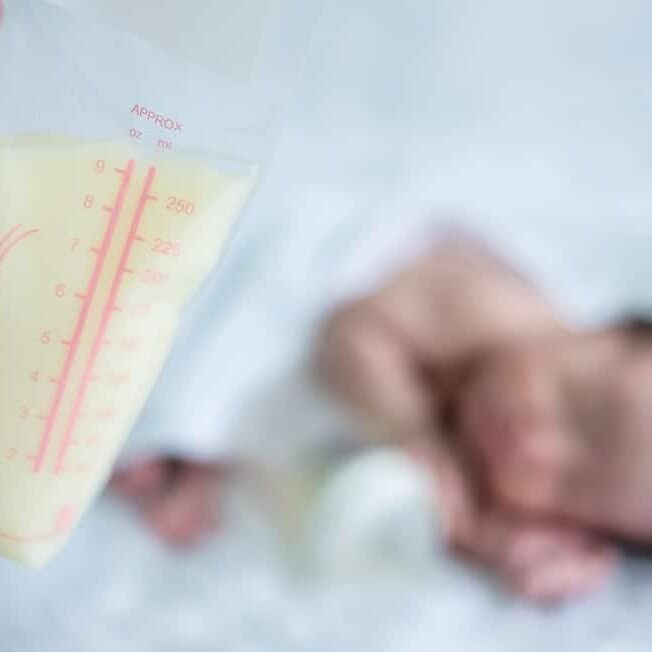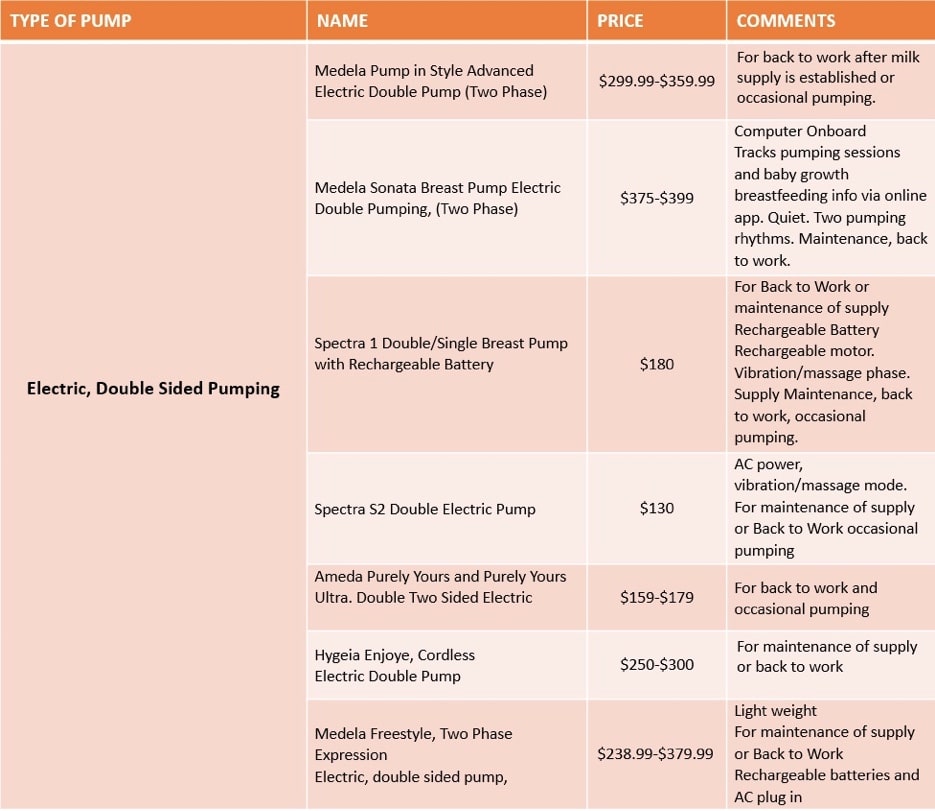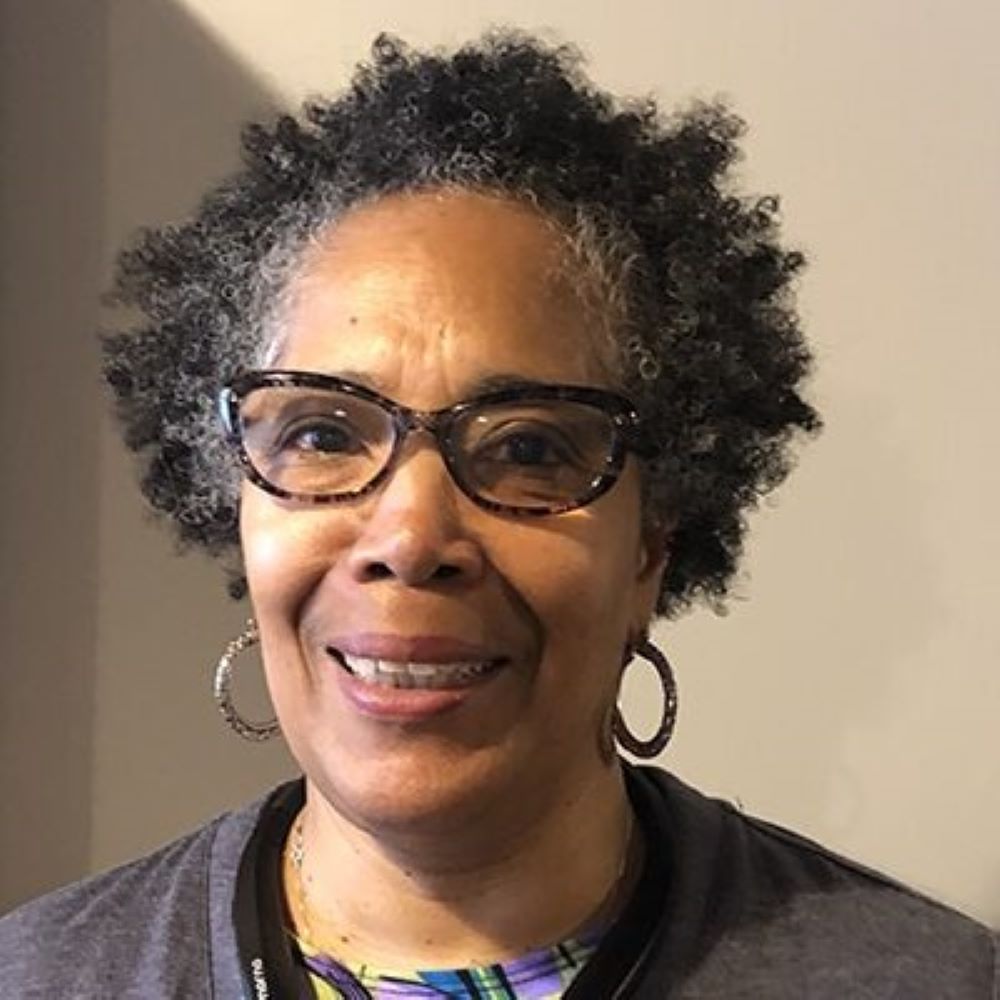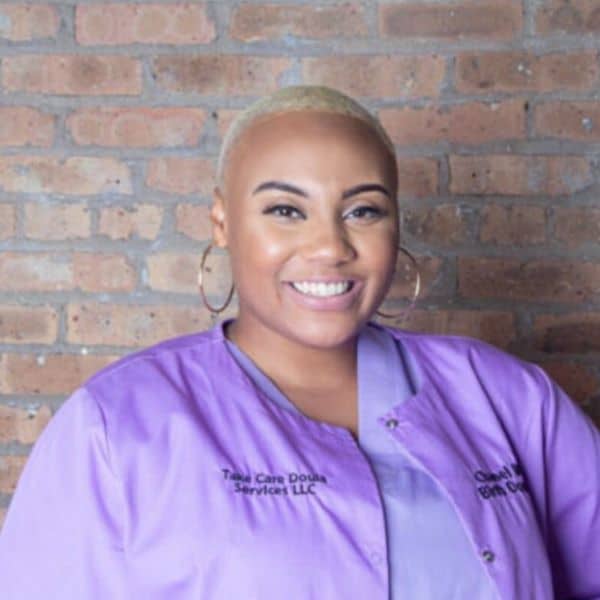Breastfeeding
Breast Pumps: Do I need one, and which one should I purchase or rent?

Guest Author: Mary Jozwiak, IBCLC
A breast pump allows you to express your milk for supplemental feedings and to stock breastmilk for your baby when you are away. Breast pumps can also be used to relieve engorgement, and are sometimes recommended for stimulating the breast to produce more milk when the baby is not providing enough stimulation to do the job.The decision to use a pump depends on your situation, and the pump you choose should match your specific needs.
Your IBCLC (International Board Certified Lactation Consultant) can help you decide which pump is best for you. Women who are not making enough milk or need to pump breastmilk for a baby in the Neonatal Intensive Care Unit (NICU) will have different needs than a mother having an occasional evening out and wants to leave some milk for her baby.
Talk to your IBCLC to ensure that your lactation practice is off to a good start, and that pumping is helping to maintain your milk supply and not interfering with it. Also, it’s helpful to remember that not all new mothers need a breast pump. Some moms who stay at home or work in their home may not want one at all. Most mothers can produce enough breastmilk for a healthy baby just by breastfeeding regularly.
There are two basic kinds of pumps: hand-operated (manual) and electric. There are some new designs and technologies—some, like the Willow, which is a quiet, wireless bra insert design is in testing. Additional promising and exciting options are on the horizon, but let’s examine what is tried and true.
If you are planning to be home with your baby or are able to bring your baby to work, you may not need an electric pump. But if you will be returning to work full-time, you will need a high quality electric pump, like a Pump in Style, a Spectra or a rental pump. If your baby was born prematurely or, if your baby is not able to latch to stimulate milk in the first weeks, you will need a ‘hospital grade’ pump, such as the Medela Symphony, which can be rented from some hospitals, pharmacies and some lactation consultants. Here’s a summary of options and their approximate cost:




Many insurance companies cover the cost of an electric breast pump. It is important to research these pumps, including any recalls, before deciding to accept the pump. In some cases, buying a new pump is a better choice than accepting a low quality “free” pump covered by your insurance company.
If you need to pump during the first 14 days after your baby is born, you will benefit from working with a lactation professional. Whether you can’t get baby to breast, are experiencing engorgement, are supplementing, think you may have a low milk supply, or your baby isn’t gaining weight at the breast, having a professional evaluate your issue and help you create a Feeding and Nursing Plan can help prevent further complications.
With the exception of Hospital Quality Closed System Pumps, like the Medela Symphony or the Ameda Platinum rental pumps, nearly all breast pumps are Single Patient Use products.
Bacteria, viruses, and fungus can be transmitted by borrowing or buying a friend’s or relative’s pump. And, most Single Patient Use Pumps (virtually any pump you can buy for less than $2,000.00 to $3,000.00) have limited motor life and may not be effective if used previously and/or is older than two to three years from its manufacture date. Breast pumps should only be bought brand new unless they are rental pumps. Simply buying a new “kit” for a used pump may not offer enough protection, as open system pumps can harbor pathogens inside or behind the motor parts. Please contact us or talk to your IBCLC or Birthways Breastfeeding Educator in Chicago for more information or to determine if your pump is still working effectively.
Mary Jozwiak, IBCLC has been a practicing Lactation Consultant for more than 25 years and a part of the Birthways community since its founding in 1997. She runs the Breastfeeding Clinic, teaches Breastfeeding 101, and mentors and supports the Birthways community of providers in addition to offering lactation home visits.
NEW: Sign up for a 30-minute Warmline call (for just $35) with an IBCLC for support with breast pump options through Birthways LactationNOW offerings.
























